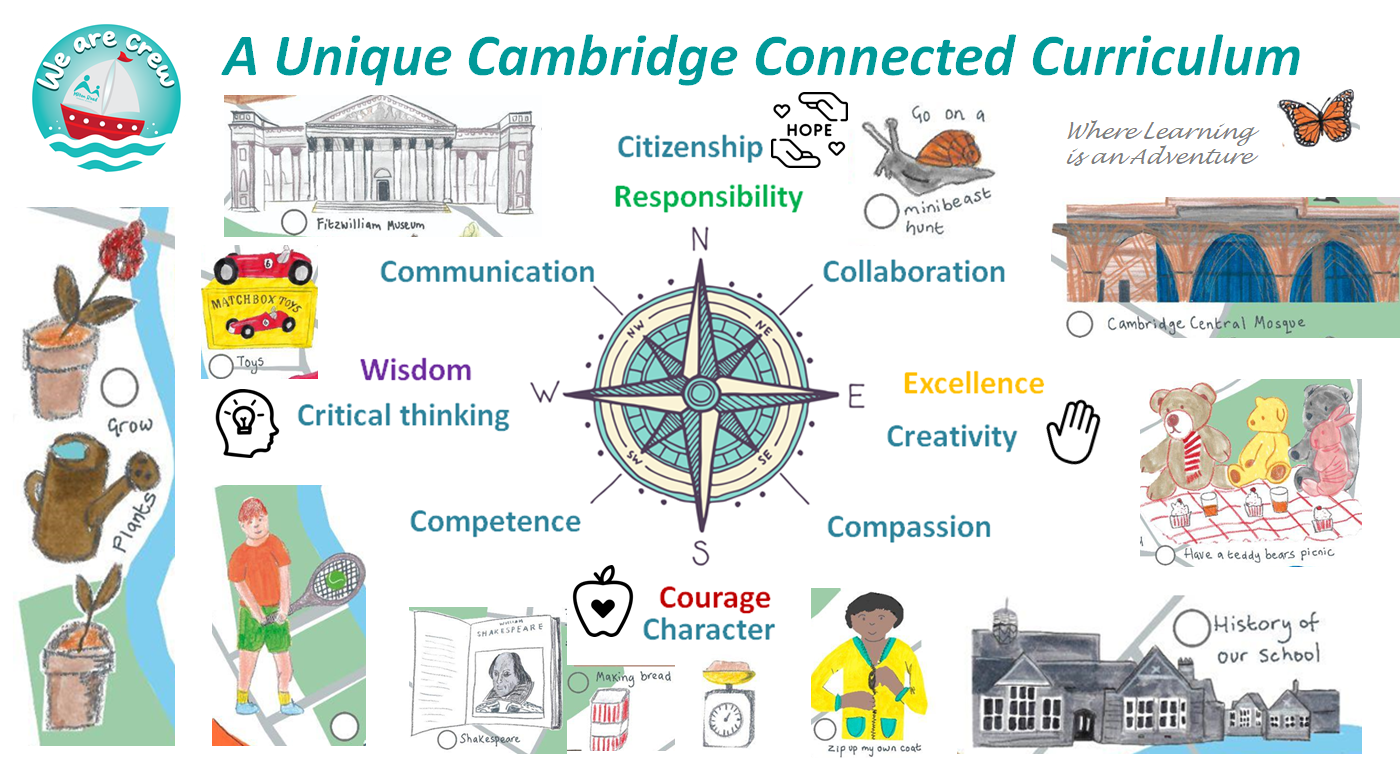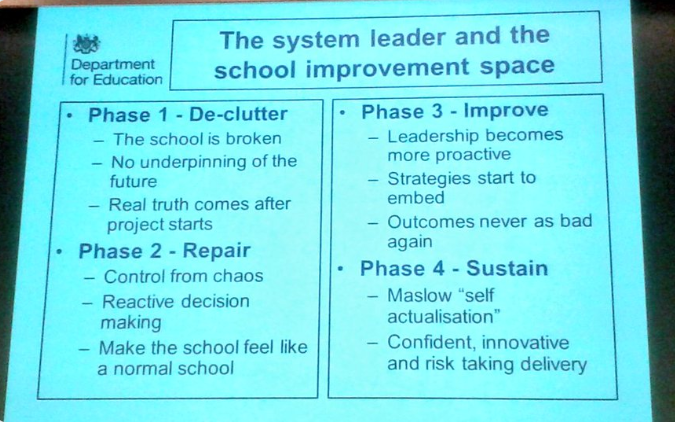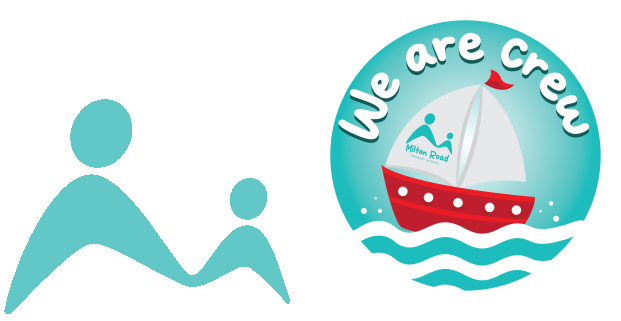School Priorities, Self Evaluation and Action Plans

School Priorities and projects, Kaizen, Governor Monitoring and Self Evaluation
School Improvement is an ongoing iterative cycle of monitoring, evaluation, review and reporting. We call this our MERR cycle.
The school is a reflective learning community that appreciates its achievements but also looks to what further improvements can be made. "Kaizen" (Good and continuous improvement) is an important principle that underpins our work. As a forward thinking and outward reaching problem solving organisation we are keen to ensure that our practice is leading edge and exceptional. We do not rest on our laurels, we keep innovating, adapting and moving forward.
At the end of the academic year, we look at all available data, including National test results, pupil & parent surveys and staff feedback, we take stock of our achievements and look ahead to what needs to be done next.
School priorities are drafted and presented at the first meeting of the Governors' Teaching and Learning Committee in the summer term. The school priorities are ratified at the final Full Governing Body Meeting of the academic year. The Headteacher presents a written report at every FGB that includes a description of how the priorities are being monitored by leaders across the school who are working on the key projects for school improvement. A named governor is assigned to work alongside each project team and it is the assigned governor who is able to provide the evaluation of the success of each priority. This is done through governor monitoring and their evaluation reports which are presented to the Full Governing Body.
There are many aspects to our ongoing school improvement work and these are scheduled across the year in the MERR framework which is monitored by the senior leaders' Curriculum and Standards team. Quality assurance and monitoring includes learning walks, lesson observations, book looks, standardised assessment and other activities including annual surveys with parents, staff and children. This monitoring schedule ensure that ongoing school improvement is a regular and daily activity.
Following the school's latest Ofsted Inspection in May 2024, where the school was judged to be "Good" with evidence to suggest that the school could possibly secure "Outstanding", the school reflected on the process and have created a Post Ofsted School Improvment Plan which can be seen below. Outcome: There has been no change to this school’s overall judgement of good as a result of this ungraded (section 8) inspection. However, the evidence gathered suggests that the inspection grade might be outstanding if a graded (section 5) inspection were carried out now. The school’s next inspection will be a graded inspection.
Key School Improvement Priorities 2024 - 2025
1. There are clear systems and processes in place to monitor, analyse and review attendance and behaviour.
2. Processes are in place to ensure that ECTS. new members of the CREW and all staff feel well supported including receiving an effective induction and ongoing professional development to secure consistency in the quality of education curriculum and promote staff well-being.
3. The Cambridge Curriculum Design is developed to include mapping the children’s Learning Journey and securing digital credentials.
4. The CLPE scheme of reading and writing has been implemented effectively across the school.
5. There is a consistent and effective approach to assessment across the school.
6. There is a “Strong Starts” curriculum in the early year’s foundation stage.
Pupils are taught the basics well from the start, these basics include speaking and listening, rhymes, songs, the beginning of reading and writing (phonological knowledge),use of numbers and good social skills. These are crucial for children's success throughout their education and beyond.
7. The school is ambitious for all pupils including and there are effective approaches and training to ensure that SEND Pupils and Pupil Premium children make accelerated progress
Self-Evaluation
The school believes that there is strong evidence to suggest that the school could be outstanding under its next graded inspection.
Outcome from Ofsted Inspection May 2024: There has been no change to this school’s overall judgement of good as a result of this ungraded (section 8) inspection. However, the evidence gathered suggests that the inspection grade might be outstanding if a graded (section 5) inspection were carried out now. The school’s next inspection will be a graded inspection.
School Improvement Plans

Milton Road Primary School is confidently in Phase 3 of this model and moving well into Phase 4 of the model; in the school improving space. Aligning with the expectations in the OfSTED Handbook, our own self-evaluation and the outcome of the Ofsted Inspection in 2024 "Good" , retaining this judgement from the previous inspection in May 2019.
A huge amount of dedicated work has taken place over the last four years to ensure that our provision in Leadership, Behaviour and Attitudes, Personal Development and Quality of Education is mapped against Inspection Criteria and remains Good. As a school we know "Excellence Does Not Happen by Chance" (Christine Gilbert former HMCI); we are never complacent and we never take our foot of the gas. We seek to keep improving through professional dialogic practice, the use of research informed approaches. a knowledge and skills rich curriculum and powerful pedagogies.
